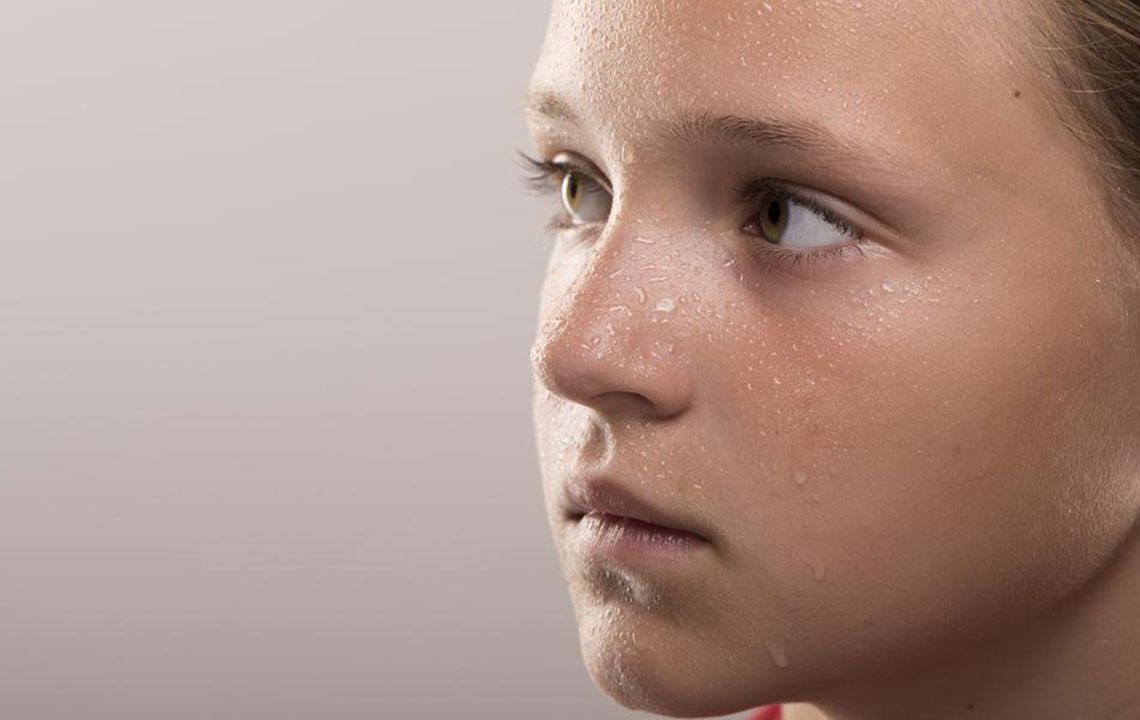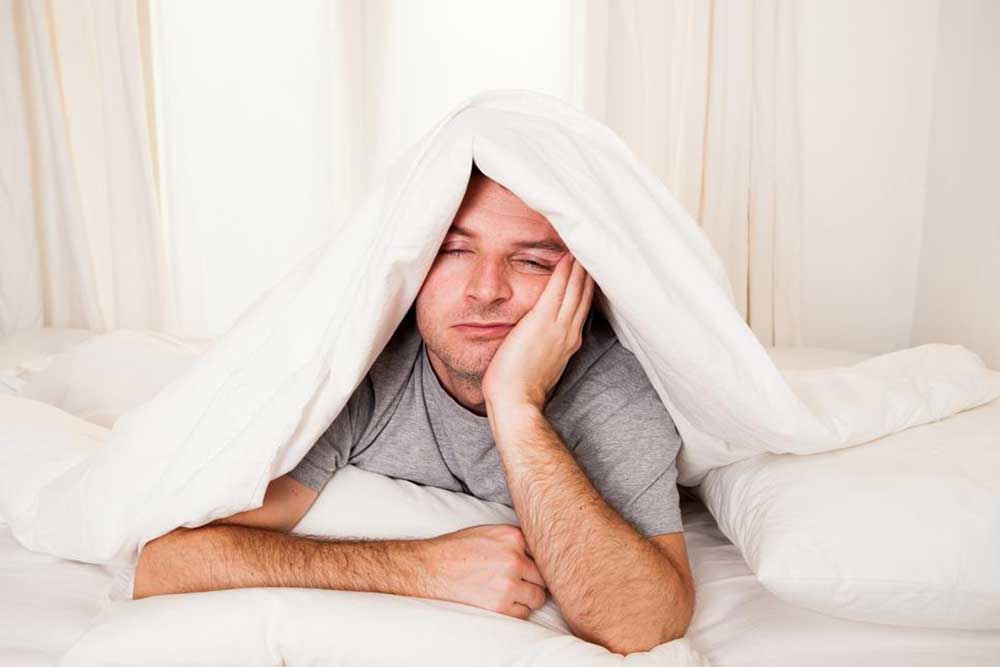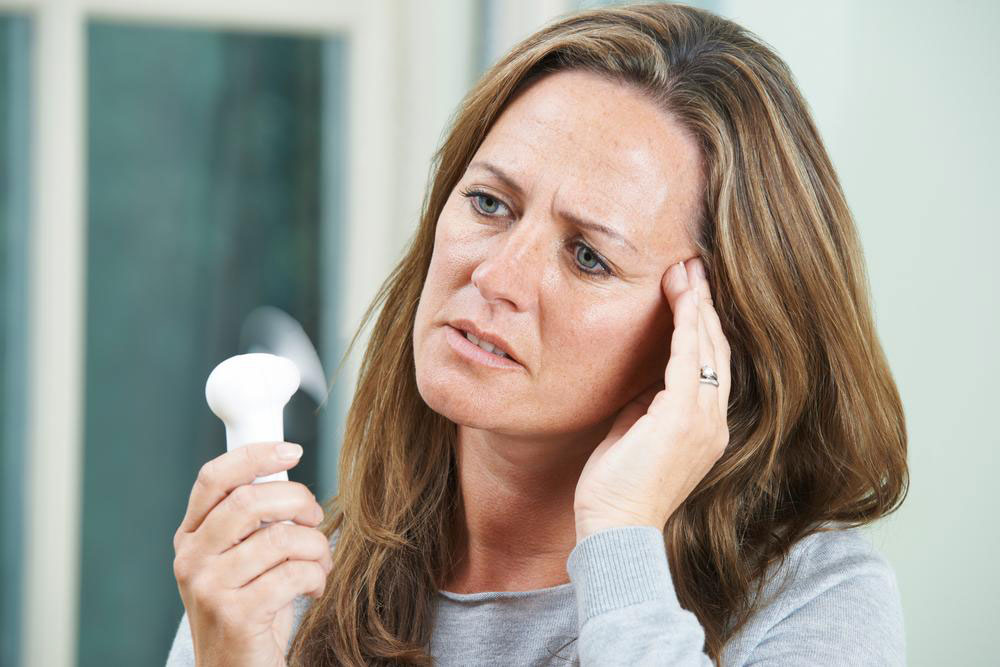Comprehensive Guide to the Top 8 Causes of Night Sweats and How to Manage Them
Night sweats can be caused by a variety of factors, including hormonal changes, infections, medications, and lifestyle choices. This comprehensive guide explores the top causes of night sweats and provides practical tips for management. Recognizing symptoms early and seeking appropriate medical care can improve health outcomes and enhance sleep quality. External adjustments and lifestyle modifications are often effective in alleviating mild cases, while persistent symptoms warrant professional evaluation for underlying health issues.

Understanding Night Sweats: Causes, Symptoms, and Management
Night sweats, medically known as nocturnal hyperhidrosis, are characterized by episodes of excessive sweating that occur during sleep. While occasional sweating at night can be normal due to environmental factors, persistent or heavy sweating may indicate underlying health issues that require attention. Recognizing the various causes of night sweats is crucial for effective management and treatment.
External factors such as a hot sleeping environment, heavy bedding, or high room temperatures are common contributors to night sweats. Simple adjustments like lowering room temperature, choosing breathable bedding, and wearing lightweight sleepwear can often alleviate these symptoms. However, if night sweats occur frequently, are intense, or accompanied by other symptoms, seeking medical advice becomes essential.
Common Causes of Night Sweats
Hormonal Changes: Fluctuations in hormones, especially during menopause, pregnancy, or due to hormonal disorders, are major triggers for night sweats in women. Men also experience hormonal variations that can contribute to excessive sweating.
Infections: Certain infections such as tuberculosis, HIV/AIDS, endocarditis, or abscesses can cause night sweats as part of systemic illness. Chronic infections often lead to prolonged episodes of sweating.
Medications and Substances: Some medications have side effects that promote sweating, including antidepressants, antipyretics, and certain blood pressure drugs. Substance use, including alcohol and recreational drugs, can also trigger night sweats.
Thyroid Disorders: Hyperthyroidism or an overactive thyroid gland increases metabolism and heat production, often resulting in excessive sweating during sleep.
Low Blood Sugar Levels: Hypoglycemia, especially in individuals with diabetes, can cause sweating episodes at night, often alongside other symptoms like dizziness or hunger.
Cancers: Certain cancers, notably lymphoma and leukemia, can manifest with night sweats as a symptom, often associated with fever and weight loss.
Neurological Conditions: Disorders affecting the nervous system, such as autonomic nervous system dysfunction, can disturb the body's temperature regulation and lead to night sweats.
Lifestyle Factors and External Triggers
In addition to medical causes, lifestyle choices and external factors significantly influence the occurrence of night sweats. Eating spicy foods, consuming alcohol or caffeine before bed, or experiencing high stress levels can worsen symptoms. Shift work or irregular sleep patterns can also contribute to hormonal imbalances and sweating episodes.
Managing external factors involves creating a comfortable sleeping environment: maintain a cool room temperature (ideally between 60-67°F or 15-19°C), use breathable bedding, and wear lightweight, moisture-wicking pajamas. Practicing relaxation techniques before bedtime, such as meditation or deep breathing, can reduce stress-induced sweating.
When to Seek Medical Attention
Persistent or severe night sweats warrant medical evaluation to determine underlying causes. If night sweats are accompanied by weight loss, fever, fatigue, or night pain, consult a healthcare professional promptly. Diagnostic investigations may include blood tests, imaging studies, or biopsies to identify infections, hormonal imbalances, or malignancies.
Early diagnosis plays a vital role in effective treatment and improved quality of life. Treatment strategies depend on the root cause, involving medications, lifestyle modifications, or other medical interventions. Addressing underlying health issues not only alleviates night sweats but also improves overall health and well-being.
Conclusion: Managing Night Sweats Effectively
While occasional night sweats are often benign, persistent or bothersome episodes require proper assessment. Understanding the diverse causes—from hormonal fluctuations and infections to lifestyle factors—empowers individuals to seek timely medical advice and adopt effective management strategies. Simple environmental adjustments, healthy lifestyle choices, and medical interventions when necessary can significantly reduce the impact of night sweats, enhancing sleep quality and overall comfort.





